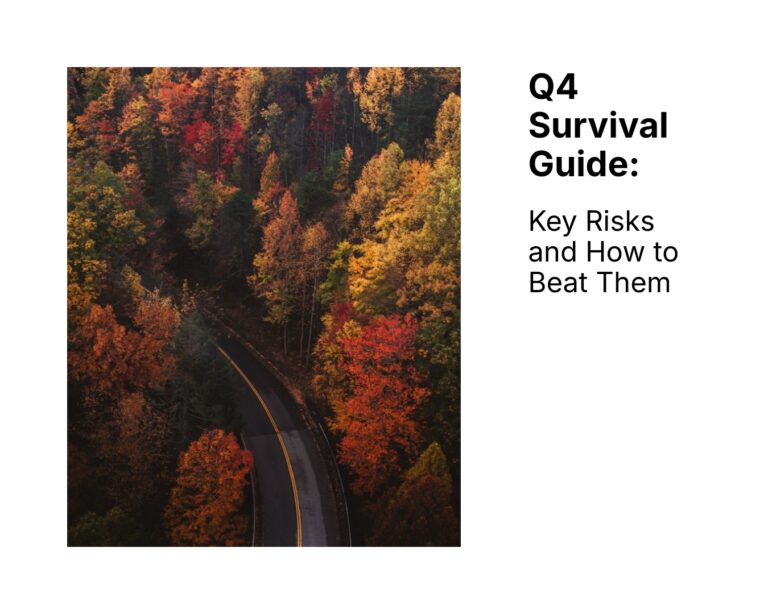The Chancellor’s Autumn Statement is two steps forward, one massive leap back with changes to the VAT flat rate.
The papers have been awash with analysis of the Chancellor’s Autumn Statement, the state of the economy, the impact of Brexit and how the JAMs are going to suffer more for longer.
The Federation of Small Businesses said its impact for SMEs would be “modest and medium term”. For me, there are three things which really stand out that’ll affect my clients and their businesses: two good, one bad – well we can’t have everything can we?!
I’ll start with the bad news…
The changes to the HMRC’s VAT Flat rate scheme to avoid abuse of the system are now complicated and awaiting confirmation but the upshot is that it will be costly news to many businesses like my own – accountants and consultants – service rich but goods poor operations.
The HMRC overview is here but let me clarify.
What is it changing to? A new 16.5% VAT flat rate for businesses with limited costs will replace the current system of sector specific percentages.
How will it work? Up till now, businesses had been able to decide which flat rate % was applicable to their company by trade sector, but now they must decide if they meet the definition of what constitutes a limited cost trader. (This is set to be defined in new legislation).
For some businesses using the scheme, or thinking of joining the scheme, they will need to complete a test to decide whether they should be on the scheme and use the new 16.5% rate.
The new 16.5% category will only apply if costs of goods are either: less than 2% of turnover or if over 2% but less than £1000 per annum. Goods will be specifically defined for the purposes of the measure.
Who will it impact? It will impact service oriented businesses in many sectors whose sector VAT rate is currently significantly lower. It will take time and significant effort to define who is eligible and will result in many businesses paying more tax.
When will it come into effect? April 1st 2017, but it may be backdated to now. Watch this space as more detail, definition and legislation is to come.
On the plus side…
The Chancellor’s financial golden nugget for SMEs was earmarking a not insignificant £400m into venture capital funds through British Business Bank Investments (BBBI) in a bid to unlock £1bn of finance and boost firms’ ability to grow – whether that’s a start up that’s looking for phase 2, a scale-up or to stay ahead.
How it works: The Fund will specifically target later stage ventures through the BBBI VC Catalyst Fund – a stage the BBBI has identified as having a funding gap preventing businesses reaching their full potential.
How to apply for funding support: The BBBI finances through 90+ partners and uses venture capital, equity and debt finance to help fund company expansion as it doesn’t distribute funds directly. This particular £400m pot will be distributed through the VC Catalyst Fund and its partners. To work out which is the best VC for your business to apply to – start with the Business Finance Guide.
Finally, it’s great to see the Chancellor confirm his plans to permanently increase the business rate relief, taking 600,000 small firms out of the rates system completely and lowering bills significantly for many others. Rural businesses will now g et 100% relief on rates – which is fantastic news.
et 100% relief on rates – which is fantastic news.
So for many small businesses it really is a case of two steps forward, one back…
WrightCFO is an outsourced Finance Director consultancy specialising in part-time FD contracts in the SME market. Contact me for a free consultation.
sophie@wrightcfo.co.uk
Tel. 0208 943 9027










